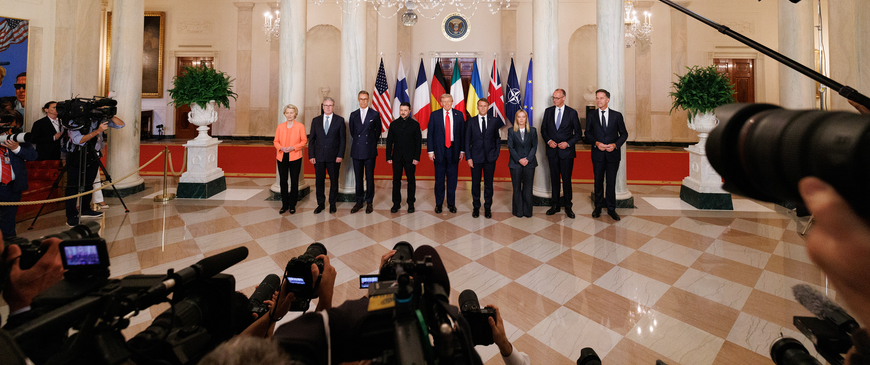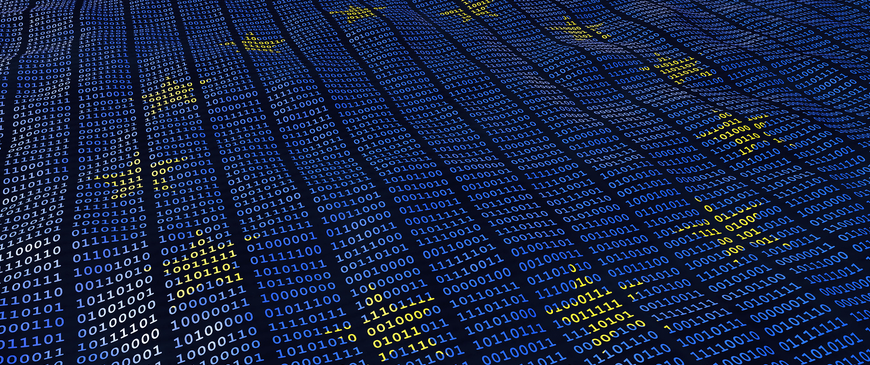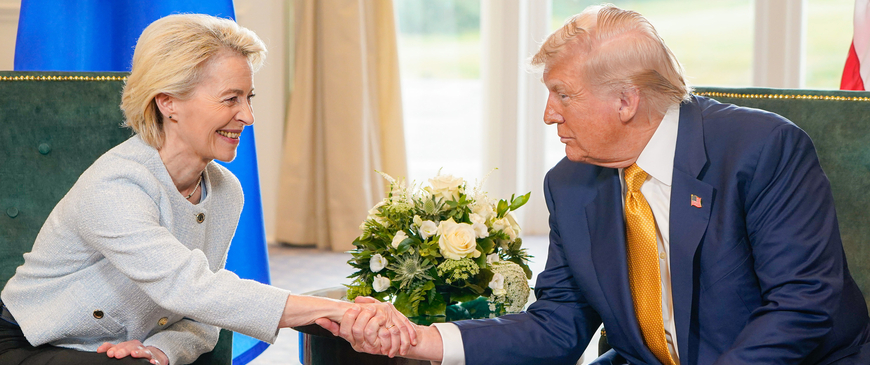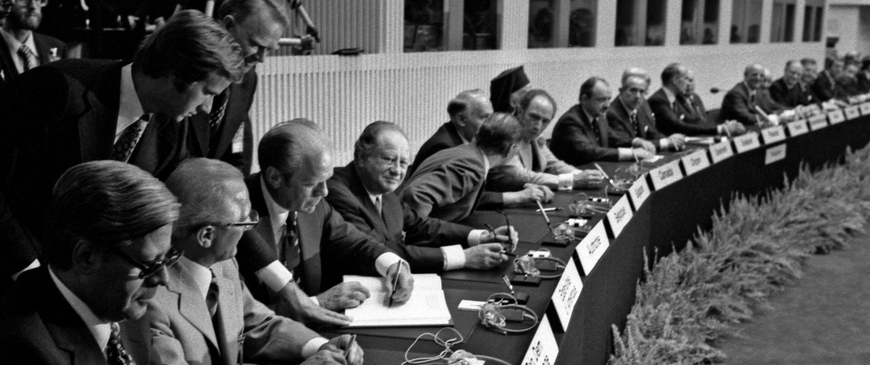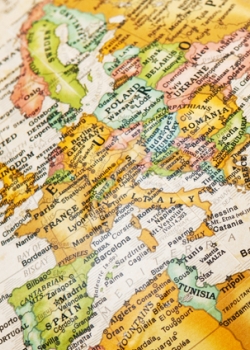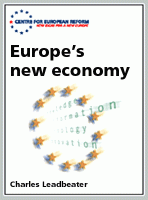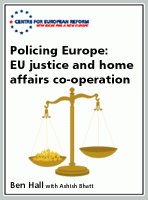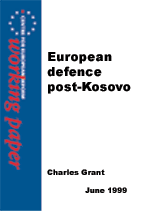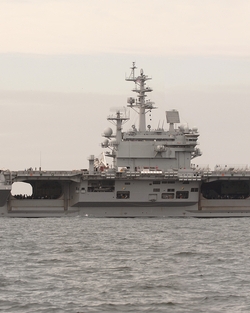Research
Pooling forces
01 December 1999
After many years of talking about boosting their defence capabilities but doing very little, the Europeans have made substantial progress in 1999. European governments have begun to develop the defence dimension of their common foreign and security policy.
Transatlantic tensions
01 December 1999
The friendship between the EU and the US is unusually strained, and the outlook appears bleak. Tension is most evident in the one area where the EU has a coherent foreign policy, trade (the EU's reluctance to implement WTO rulings on bananas and beef hormones has been shameful).
Europe's new economy
01 December 1999
Europe needs a new economic story. Its ability to compete in the knowledge-driven economy depends on how well it can translate science, technology and know-how into jobs, growth and economic success.
The treaties need radical reform
01 December 1999
Inter-governmental conferences (IGCs) are insufferably tedious and complex affairs. Each drawn-out negotiation helps to reinforce the popular impression that the EU is irrelevant to ordinary peoples' lives.
Issue 15 - 2000
26 November 1999
- Set a date for enlargement now, Heather Grabbe
- The unholiest of alliances, Charles Grant
- The "open method of co-ordination": Innovation or talking shop?, Kirsty Hughes
Europe's new economy
05 November 1999
Europe needs a new economic story because it faces a new economic challenge. The challenge is to transform European science and technology, knowledge and creativity, into jobs, growth and economic success.
Commissioning reform
01 October 1999
For most ordinary members of the public the European Commission is the European Union. The fall of the Santer Commission amidst allegations of corruption and mismanagement plunged the EU into crisis.
Britain in Europe
01 October 1999
The history of Britain's troubled relationship with the European Union has been far too repetitive. Every time that the continental countries want to deepen their union, the British hold back and predict failure; and later, when they see the venture working, they grudgingly join and accept rules written by others.
Don't forget the shopkeepers
01 October 1999
Commission President Romano Prodi has promised a fundamental review of the EU's priorities. He should encourage the Commission to think more about service industries.
The case for "Mr Euroland"
01 October 1999
Most discussions about the euro focus on what it means for the politics and the economy of the EU. The actual and potential external impact of EMU is often ignored.
Policing Europe: EU justice and home affairs co-operation
01 October 1999
Most observers of the European Union see the single currency as the principal driving force of European integration in the coming decade.
Issue 8 - 1999
24 September 1999
- Commissioning reform, Ben Hall
- Britain in Europe , Charles Grant
- Don't forget the shopkeepers, Bernard Hughes
- The case for "Mr Euroland", Steven Everts
A golden opportunity for reform
02 August 1999
It is easy to forget that the Eurosceptical mood of many EU countries is a recent phenomenon. In the late 1980s, when the EU's prime task was the creation of a single market, its popularity grew in every member-state.
Entrepreneurial Europe
02 August 1999
Europe's biggest economic problem is that it lacks the kind of entrepreneurial culture that powers America's economy. There are not enough start-up companies or large companies that are capable of innovation.
Needed: An EU energy tax
02 August 1999
There is no EU-wide energy tax, despite the fact that green parties now have a strong presence in the European political landscape and that such a tax could make the single market more effective.
A single market in crime
02 August 1999
Crime is becoming increasingly international, and it is a big business. A recent United Nations report estimates that the global turnover of criminal organisations amounts to some £1,000 billion a year, considerably larger than the gross domestic product of Britain.
Issue 7 - 1999
30 July 1999
- A golden opportunity for reform, Charles Grant
- Entrepreneurial Europe, Kitty Ussher
- Needed: An EU energy tax, Nina Marenzi
- A single market in crime, Ben Hall
Europe's defence industry: A transatlantic future
02 July 1999
In December 1998 Europe's first major cross-border defence industry merger was imminent: a deal between British Aerospace (BAe) and DaimlerChrysler Aerospace (Dasa) had been agreed and all but signed and sealed.
European defence post-Kosovo
04 June 1999
European Union has long talked about building a defence capability, but done very little about it. In the first week of June 1999, however, two events gave a boost to the EU’s military aspirations. At the Cologne summit EU leaders agreed on a scheme that would enable the EU to...
The EU needs defence convergence criteria
01 June 1999
The countries of the European Union spend on defence around 60 per cent of the US defence budget (approximately $145bn versus $265bn). But Europe does not have anything close to half of US capabilities when it comes to strategic lift, strategic intelligence or command and control.

